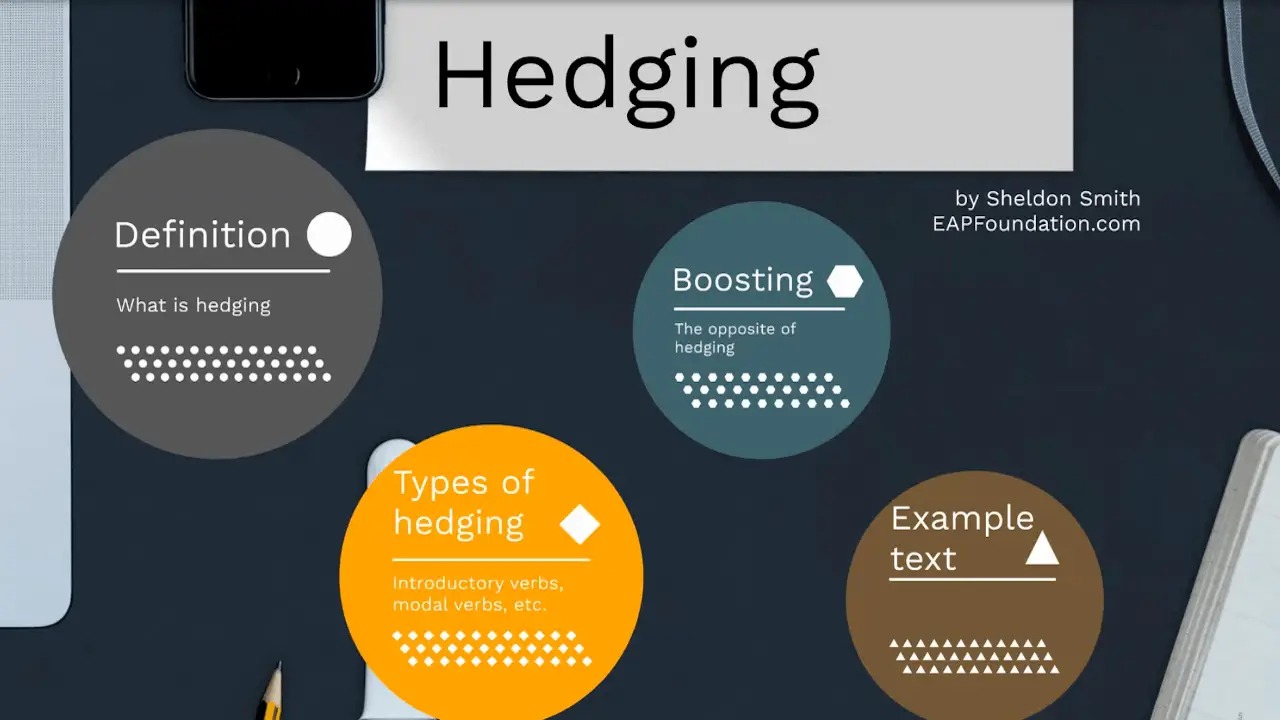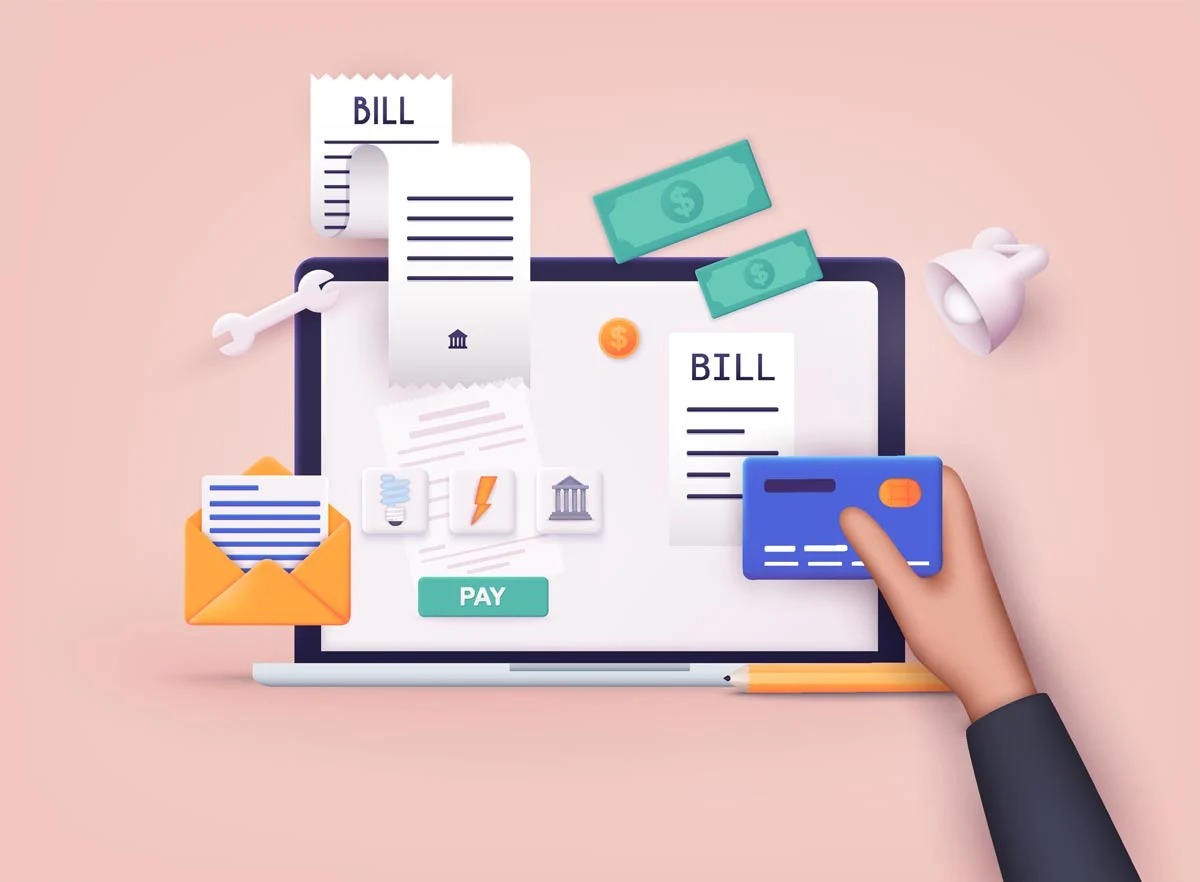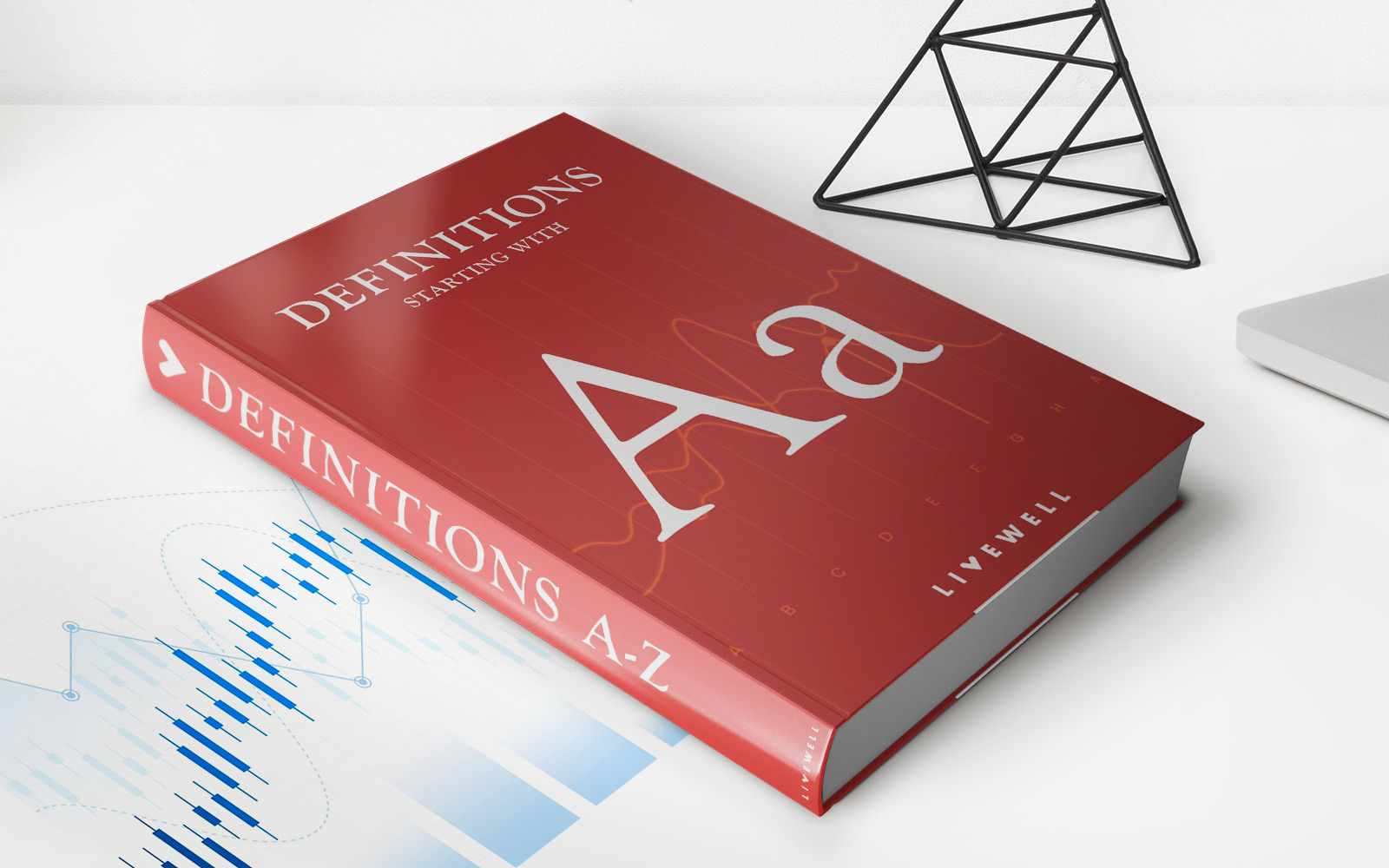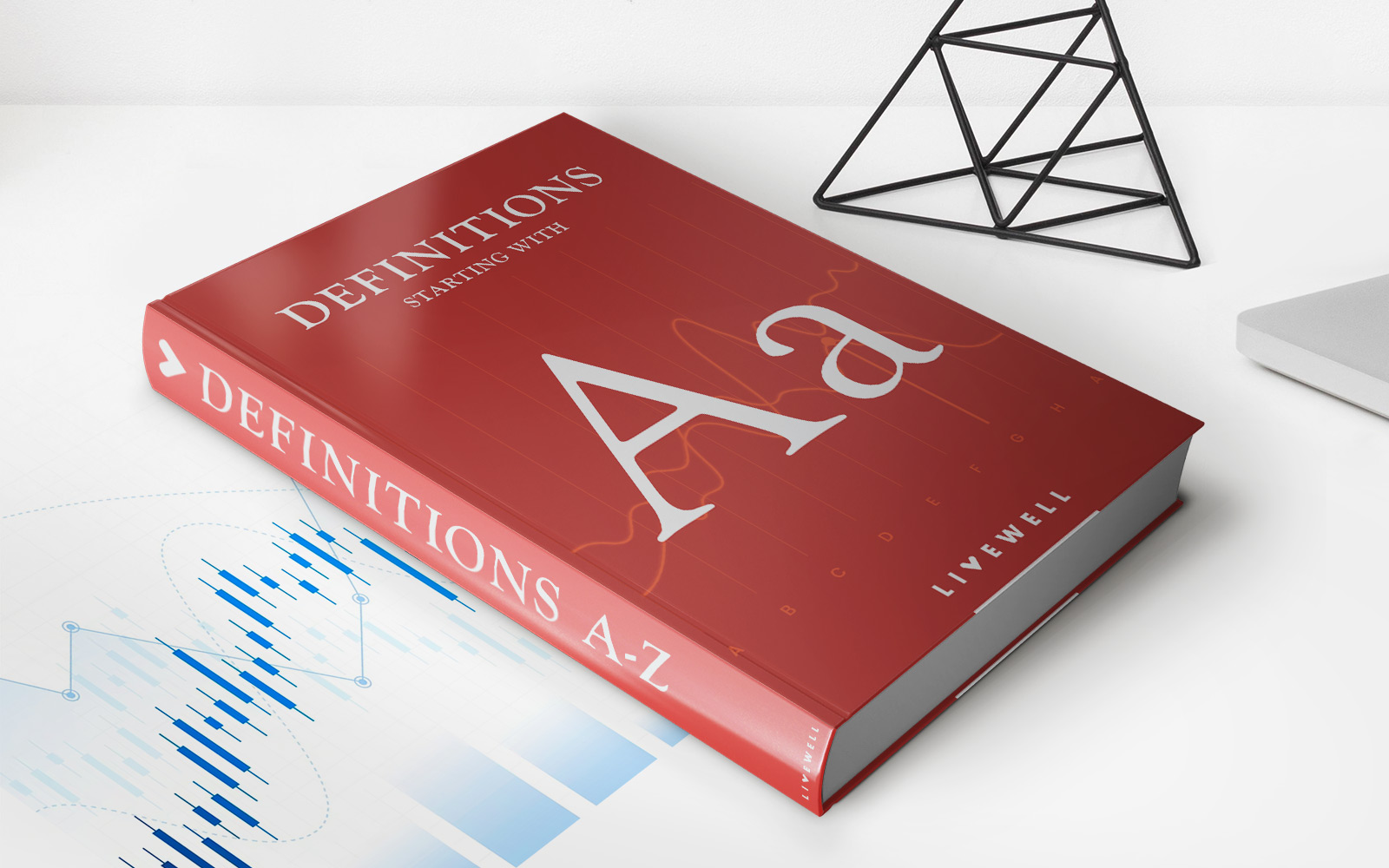Home>Finance>Why Is It Important To Have A Free Checking Account If Possible?


Finance
Why Is It Important To Have A Free Checking Account If Possible?
Published: October 28, 2023
Discover the importance of having a free checking account in finance. Find out how a free account can help you save money and manage your finances more efficiently.
(Many of the links in this article redirect to a specific reviewed product. Your purchase of these products through affiliate links helps to generate commission for LiveWell, at no extra cost. Learn more)
Table of Contents
Introduction
When it comes to managing your personal finances, having a checking account is essential. It serves as the hub for your financial transactions, allowing you to deposit and withdraw funds, make payments, and track your expenses. But not all checking accounts are created equal. In fact, having a free checking account can provide significant advantages that can positively impact your financial well-being.
While many traditional banks charge fees for their checking accounts, there are financial institutions that offer free checking accounts, which can save you money and provide added benefits. In this article, we will explore why it is important to have a free checking account if possible and examine the various advantages it can offer.
Whether you are a student, young professional, or seasoned individual looking to maintain better control over your finances, a free checking account can be a valuable tool. It offers convenience, cost savings, security, and the opportunity to build a positive banking relationship. Let’s dive deeper into these benefits and discuss why having a free checking account is a smart financial move.
Understanding Checking Accounts
Before delving into the benefits of having a free checking account, it is important to have a solid understanding of what a checking account is and how it functions. A checking account is a type of bank account that allows you to easily and conveniently manage your day-to-day financial transactions.
With a checking account, you can deposit money, write checks, make electronic payments, and withdraw funds using various methods such as ATMs, debit cards, or online transfers. It serves as a central repository for your income and expenses, giving you a clear picture of your financial activity.
Checking accounts typically offer features such as online banking, mobile banking applications, and bill pay services, making it effortless to manage your finances and stay organized. These accounts may also come with overdraft protection options, enabling you to avoid costly fees in case of insufficient funds.
While some checking accounts have monthly maintenance fees, free checking accounts do not charge these fees, allowing you to keep more of your hard-earned money. Free checking accounts often have no minimum balance requirements and provide unlimited transactions, giving you the freedom to manage your money without any restrictions.
It is important to note that while free checking accounts offer many benefits, they may have some limitations compared to premium accounts. These limitations can include fewer perks, minimal interest rates, and limited access to certain banking services. However, for most individuals, the advantages of a free checking account outweigh these potential downsides.
Now that we have a basic understanding of checking accounts, let’s explore the benefits of having a free checking account and why it is advantageous.
Benefits of Free Checking Accounts
Free checking accounts offer numerous benefits that can help you effectively manage your finances and save money. Here are some of the key advantages of having a free checking account:
- Convenience and Accessibility: Free checking accounts provide convenient access to your funds, allowing you to make transactions and manage your finances anytime, anywhere. With online and mobile banking features, you can easily check your account balance, transfer funds, pay bills, and even deposit checks using your smartphone. This level of accessibility ensures that you have complete control over your money whenever you need it.
- Cost Savings: Unlike traditional checking accounts that may charge monthly maintenance fees, free checking accounts do not levy these charges. By eliminating these fees, you save money that can be used for other financial goals or expenses. Additionally, free checking accounts often offer unlimited transactions and no minimum balance requirements, further reducing your banking costs.
- Security and Fraud Protection: Free checking accounts typically come with robust security features to protect your funds. These can include advanced encryption technology, multi-factor authentication, and fraud monitoring systems. In the unfortunate event of unauthorized transactions or fraudulent activity, many banks offer zero liability protection, ensuring that you are not responsible for the losses. With these safeguards in place, you can have peace of mind knowing that your money is secure.
- Building a Positive Banking Relationship: Establishing a free checking account with a financial institution can be the first step towards building a long-term banking relationship. By demonstrating responsible financial management, you may have access to additional products and services such as loans, credit cards, and higher interest-yielding accounts in the future. A positive banking relationship can provide you with favorable terms and benefits that contribute to your overall financial well-being.
These benefits highlight the advantages of having a free checking account rather than opting for an account that charges fees. Not only does it save you money and provide convenient access to your funds, but it also ensures the security of your finances and sets the foundation for a stronger banking relationship.
Convenience and Accessibility
One of the major benefits of having a free checking account is the convenience and accessibility it offers. With advancements in technology, managing your finances has never been easier. Here’s how free checking accounts provide convenience and accessibility:
1. Online and Mobile Banking: Free checking accounts often come with online banking platforms and mobile banking apps. These digital tools allow you to access your account information, view transactions, transfer funds, pay bills, and even deposit checks using your smartphone. This level of convenience means you can manage your finances anytime, anywhere, without having to visit a physical bank branch.
2. ATM Access: Free checking accounts typically provide access to a wide network of ATMs, allowing you to withdraw cash and check your account balance conveniently. Many banks also reimburse you for ATM fees incurred at out-of-network ATMs, further enhancing accessibility.
3. Bill Pay Services: With free checking accounts, you can set up automatic bill payments directly from your account. This eliminates the hassle of writing and mailing checks or manually transferring funds to pay your bills. It ensures that your bills are paid on time, avoiding late fees or penalties.
4. Debit Card Usage: Free checking accounts are often linked to a debit card, providing you with the convenience of making purchases or withdrawing cash from ATMs without the need for cash or credit cards. Debit cards are widely accepted, making it easy to access your funds for everyday expenses.
5. Online Transfers: Whether you need to transfer money to a friend, family member, or another bank account you own, free checking accounts allow you to make quick and easy online transfers. This feature is particularly useful for splitting bills, sending money as a gift, or moving funds between your accounts.
The convenience and accessibility provided by free checking accounts allow you to stay on top of your finances without any limitations. Whether you’re traveling, working long hours, or simply prefer the convenience of digital banking, having a free checking account ensures that your finances are easily manageable on your terms.
Cost Savings
One of the significant advantages of having a free checking account is the potential for cost savings. Unlike traditional checking accounts that impose monthly maintenance fees and transaction fees, free checking accounts are designed to help you keep more money in your pocket. Here are some ways in which free checking accounts can lead to cost savings:
1. No Monthly Maintenance Fees: Free checking accounts do not charge monthly maintenance fees. This means you don’t have to worry about a portion of your hard-earned money being deducted from your account every month, simply for the privilege of having the account. By eliminating these fees, you can allocate those funds towards your other financial goals or expenses.
2. Unlimited Transactions: Many free checking accounts offer unlimited transactions, allowing you to make as many deposits, withdrawals, transfers, and payments as you need without incurring extra charges. This is particularly beneficial if you have a high volume of monthly transactions.
3. No Minimum Balance Requirements: Free checking accounts often do not have minimum balance requirements. This means you don’t have to maintain a certain amount of money in your account to avoid penalties or fees. This eliminates the pressure of having to keep a specific balance and allows you the flexibility to use your funds as you see fit.
4. ATM Fee Reimbursement: Some financial institutions that offer free checking accounts may reimburse you for fees incurred when using out-of-network ATMs. This means that even if you need to withdraw cash from an ATM that isn’t in your bank’s network, you won’t have to worry about paying excessive fees. ATM fee reimbursement can save you a significant amount of money over time.
5. Overdraft Protection Options: While free checking accounts may still offer overdraft protection options, they can be more affordable compared to premium accounts. Overdraft protection helps you avoid costly overdraft fees by covering insufficient fund transactions, ensuring that your payments are not declined and saving you from potential penalty charges.
By choosing a free checking account, you can take advantage of these cost-saving features and keep more money in your account. This not only benefits your current financial situation but also sets you up for long-term financial success by optimizing your savings and minimizing unnecessary expenses.
Security and Fraud Protection
Security and fraud protection are paramount when it comes to managing your finances. Free checking accounts often prioritize the safety of your funds and offer robust measures to protect against unauthorized transactions and fraud. Here are some ways in which free checking accounts provide security and fraud protection:
1. Advanced Encryption Technology: Financial institutions that offer free checking accounts employ state-of-the-art encryption technology to secure your online transactions and personal information. This ensures that your sensitive data, such as account numbers and login credentials, are safely transmitted and protected from unauthorized access.
2. Multi-Factor Authentication: Free checking accounts often require multi-factor authentication, adding an extra layer of security to your account. This means that in addition to a password, you may need to provide additional verification, such as a unique code sent to your mobile device, to access your account. Multi-factor authentication helps prevent unauthorized access, even if someone obtains your login credentials.
3. Fraud Monitoring Systems: Banks offering free checking accounts have sophisticated systems in place to detect and prevent fraudulent activities. These systems actively monitor your account for suspicious transactions and patterns, such as unusual spending or transactions in foreign countries. If any suspicious activity is detected, the bank will typically contact you to verify the transaction and take appropriate action to safeguard your account.
4. Zero Liability Protection: Many financial institutions that provide free checking accounts offer zero liability protection. This means that if your account is compromised due to unauthorized transactions, you are not held responsible for any financial losses. Zero liability protection provides you with peace of mind and assures you that your money is safeguarded against fraudulent activity.
5. Secure Online Banking and Mobile Apps: Free checking accounts come with secure online banking platforms and mobile apps that are designed with robust security measures. These platforms use encryption and secure login protocols to protect your account information and ensure a safe banking experience.
By choosing a free checking account, you can have confidence in the security of your funds and personal information. The comprehensive security and fraud protection measures provided by these accounts give you peace of mind, allowing you to manage your finances with confidence and focus on your financial goals.
Building a Positive Banking Relationship
Establishing a positive banking relationship is essential for your financial well-being, and having a free checking account can be a stepping stone towards building that relationship. Here’s how a free checking account can help you establish and maintain a positive banking relationship:
1. Demonstrating Responsibility: By managing your free checking account responsibly, such as keeping track of your transactions, maintaining a positive balance, and paying bills on time, you showcase your financial responsibility to the bank. This responsible behavior helps build trust and credibility, positioning you for future financial opportunities.
2. Potential Access to Additional Products and Services: Building a positive banking relationship through a free checking account may open doors to other financial products and services. Banks often offer perks and benefits to loyal customers, such as preferential interest rates on loans, access to credit cards, or higher-yielding savings accounts. By demonstrating your commitment to responsible banking, you increase your chances of accessing these additional services.
3. Personalized Financial Guidance: Banks value their customers and are often willing to provide personalized financial guidance and advice. By maintaining a free checking account, you can establish a rapport with your bank’s representatives, who can offer insights into budgeting, saving strategies, and other financial aspects. This guidance can help you make informed decisions and improve your financial management skills.
4. Building a Credit History: A free checking account serves as a foundation for building a credit history. Banks may consider your banking relationship and account activity when determining your eligibility for credit products, such as loans or credit cards. By responsibly managing your free checking account, you can establish a positive credit history, which is crucial for future financial endeavors.
5. Enhanced Customer Support: Establishing a positive banking relationship through a free checking account can often result in enhanced customer support. Banks value loyal customers and are more likely to provide personalized assistance, fast-tracked services, and efficient issue resolution to maintain your satisfaction. This level of customer support can significantly benefit you during critical situations and enhance your overall banking experience.
By seizing the opportunities presented by having a free checking account, you can build a lasting and positive banking relationship. Demonstrating responsibility, accessing additional products and services, receiving personalized financial guidance, building a credit history, and enjoying enhanced customer support are all valuable outcomes of a strong banking relationship that can contribute to your financial success.
Factors to Consider When Choosing a Free Checking Account
While free checking accounts offer numerous benefits, it is important to consider certain factors before choosing the right one for your needs. Here are some key factors to consider when selecting a free checking account:
1. Fees and Account Requirements: While the account may be labeled as “free,” it is essential to review the terms and conditions to ensure there are no hidden fees or account requirements. Some free checking accounts may have stipulations, such as minimum balance requirements or transaction limits. Understanding the potential fees and requirements associated with the account will help you make an informed decision.
2. ATM Network: Consider the availability and accessibility of ATMs within the bank’s network. Ensure that the bank has a sufficient number of ATMs conveniently located near your home, workplace, or frequently visited areas to avoid excessive fees when withdrawing cash or checking your account balance.
3. Online and Mobile Banking Features: Evaluate the online and mobile banking features offered by the bank. Look for features such as mobile check deposit, bill pay options, easy fund transfers, and the ability to view and manage your account online. A user-friendly and feature-rich digital banking platform can greatly enhance your overall banking experience.
4. Customer Service: Customer service is crucial in ensuring a positive banking experience. Research the bank’s reputation for customer service, availability of support channels (such as phone, chat, or email), and their responsiveness to customer inquiries and concerns. Prompt and reliable customer service can be invaluable, especially during times when you need assistance or have urgent banking needs.
5. Overdraft Protection Options: Assess the overdraft protection options offered by the bank. Understand the terms and fees associated with overdraft protection to avoid unexpected charges or the inconvenience of declined transactions. Look for options that are affordable and align with your specific needs and spending habits.
6. Additional Banking Services: Consider whether the bank offers additional services that align with your financial goals. These could include savings accounts, certificates of deposit (CDs), credit cards, loans, or investment options. Having these additional services available from the same bank can make it easier to manage your finances and streamline your banking activities.
7. Bank Reputation and Security: Research the bank’s reputation for stability, security, and financial strength. Look for reviews or ratings from independent sources to assess the bank’s trustworthiness. Additionally, verify that the bank is insured by the Federal Deposit Insurance Corporation (FDIC), which provides deposit insurance coverage for up to $250,000 per depositor.
By carefully considering these factors, you can select a free checking account that aligns with your financial needs, offers the necessary features and services, and provides a reliable and secure banking experience.
Conclusion
Having a free checking account can offer significant advantages when it comes to managing your personal finances. The convenience, cost savings, security, and opportunity to build a positive banking relationship make free checking accounts a smart choice for individuals of all ages and financial backgrounds.
With free checking accounts, you can enjoy the convenience and accessibility of online and mobile banking, easily access your funds through ATMs, and make secure transactions from the comfort of your own home. The elimination of monthly maintenance fees and unlimited transactions help you save money and allocate your funds towards other financial goals or expenses.
Free checking accounts also prioritize your security and fraud protection, with advanced encryption technology, multi-factor authentication, and fraud monitoring systems that safeguard your funds and personal information. Such accounts allow you to build a positive banking relationship by demonstrating your financial responsibility, offering potential access to additional products and personalized guidance, and enhancing customer support.
When choosing a free checking account, it is essential to consider factors such as fees, ATM network, online and mobile banking features, customer service, overdraft protection options, additional banking services, as well as the bank’s reputation and security. By evaluating these factors, you can select the account that best suits your needs and aligns with your financial goals.
In conclusion, having a free checking account is not just about saving money on fees, but also about enjoying the convenience, security, and potential benefits that come with it. By making the switch to a free checking account, you can take control of your finances and set yourself on a path towards financial success.













